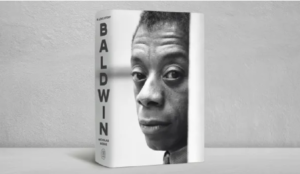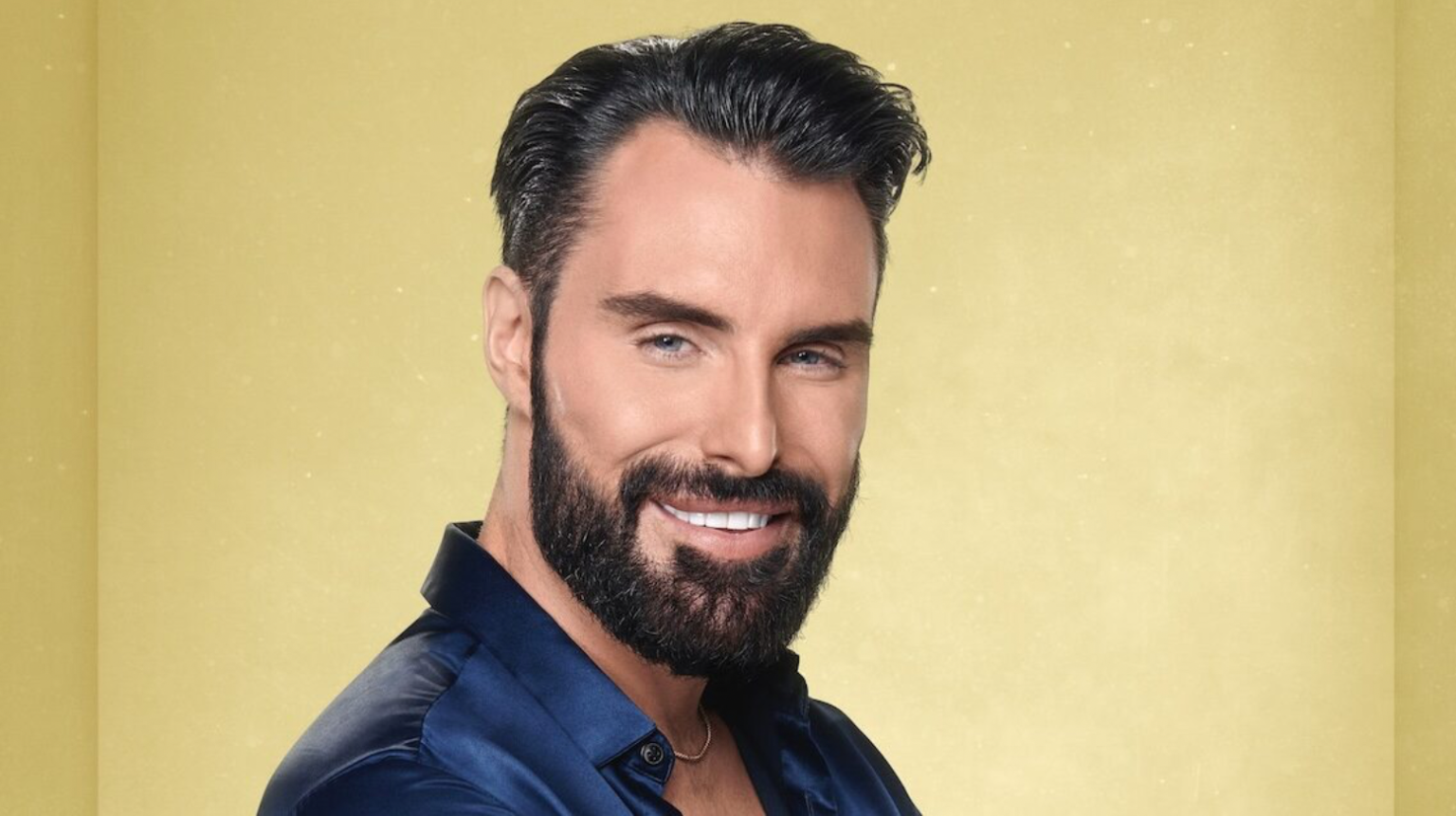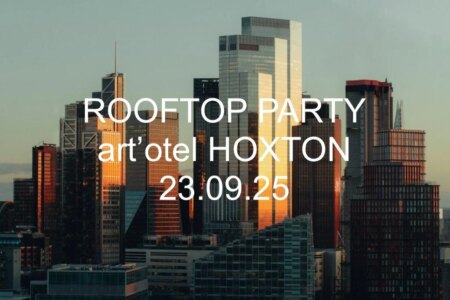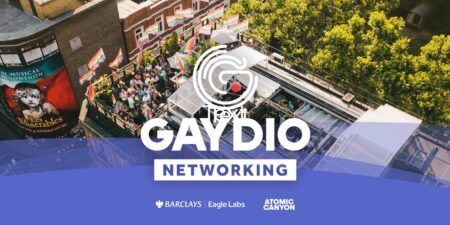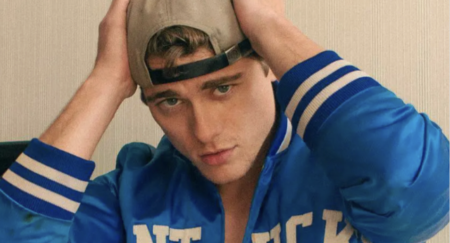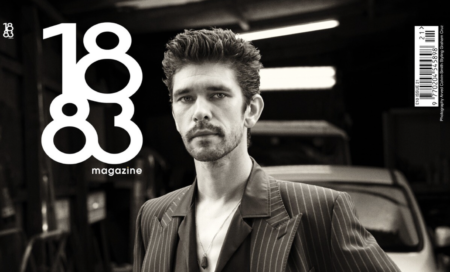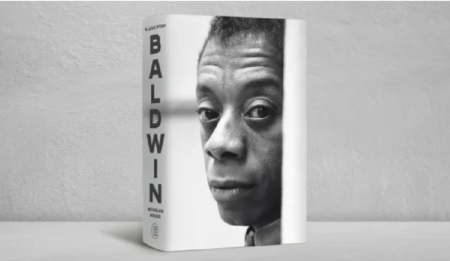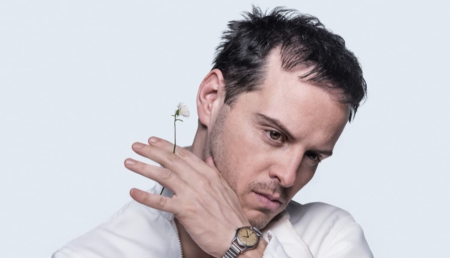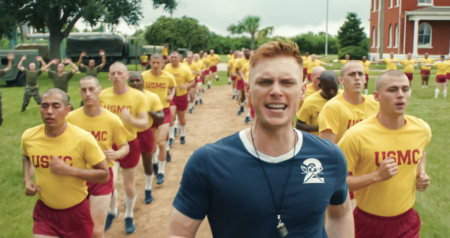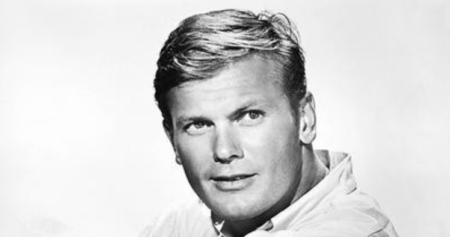Rylan Clark [image: BBC] used his platform at the Edinburgh TV Festival to make a forceful appeal for greater, more authentic representation of transgender lives on screen, warning that the community is facing what he called a ‘mass wave of hate’. Speaking as a familiar voice on BBC Radio 2 and a longstanding television presenter, he argued that showing ‘real stories’ about trans people is not an optional cultural nicety but a necessary antidote to escalating hostility.
‘I feel that there is a mass wave of hate just sweeping the community, especially trans people at the moment,’ Clark told the festival audience, urging journalists and programme-makers to stop reducing complex lives to soundbites. According to coverage of his appearance, he warned against the simplistic shorthand that turns debate about single incidents into a verdict on an entire community, saying there is a mindset that because one transgender person does something wrong ‘that means all trans people are awful people.’
Clark singled out arguments over gendered spaces — bathrooms and changing rooms — as an area where nuance has been lost. ‘There’s a lot of people that are talking about bathrooms and spaces and things like this and people are just being tarnished with the same brush,’ he said, a critique echoed in multiple reports of the event. His point was not only political but personal: he asked his audience to practise empathy rather than caricature.
That plea came with a direct invitation: ‘I’d like you to walk a mile in their shoes,’ he said, adding bluntly that ‘trans people… they’re going through a wave of hate at the minute.’ Clark described the trauma he has seen among friends who have transitioned, calling some transitions ‘awful, absolutely awful’ and arguing that personal testimony must be given space in public storytelling. His conversation at the festival with actor Russell Tovey — who recalled the vital role of nightclubs and other queer safe spaces while growing up in Essex — underlined the practical consequences of eroding those places of refuge. ‘And now you hear about so many safe spaces disappearing for so many queer people… The disappearances of those is dangerous,’ Tovey said.
Clark’s intervention comes against a newly altered legal backdrop. The UK Supreme Court’s press summary of its recent judgment in For Women Scotland Ltd v The Scottish Ministers sets out that, for the purposes of the Equality Act 2010, the terms ‘sex’, ‘man’ and ‘woman’ should be understood in relation to biological sex. The summary also emphasises that this interpretation does not strip trans people of legal protections altogether: the court noted that protections remain under other grounds such as gender reassignment and perceived sex, and that practical consequences will follow for guidance and statutory instruments.
Clark told the festival he does not personally require Pride to feel visible, but he accepted its ongoing necessity given the way LGBTQ+ people continue to be treated. His wider point at Edinburgh — shared in interviews and dispatches from the event — was that mainstream media and broadcasters have a particular responsibility: to move beyond polarising headlines and to commission or broadcast the kinds of nuanced, lived‑experience stories that can complicate caricature and foster understanding.
Source: Noah Wire Services





